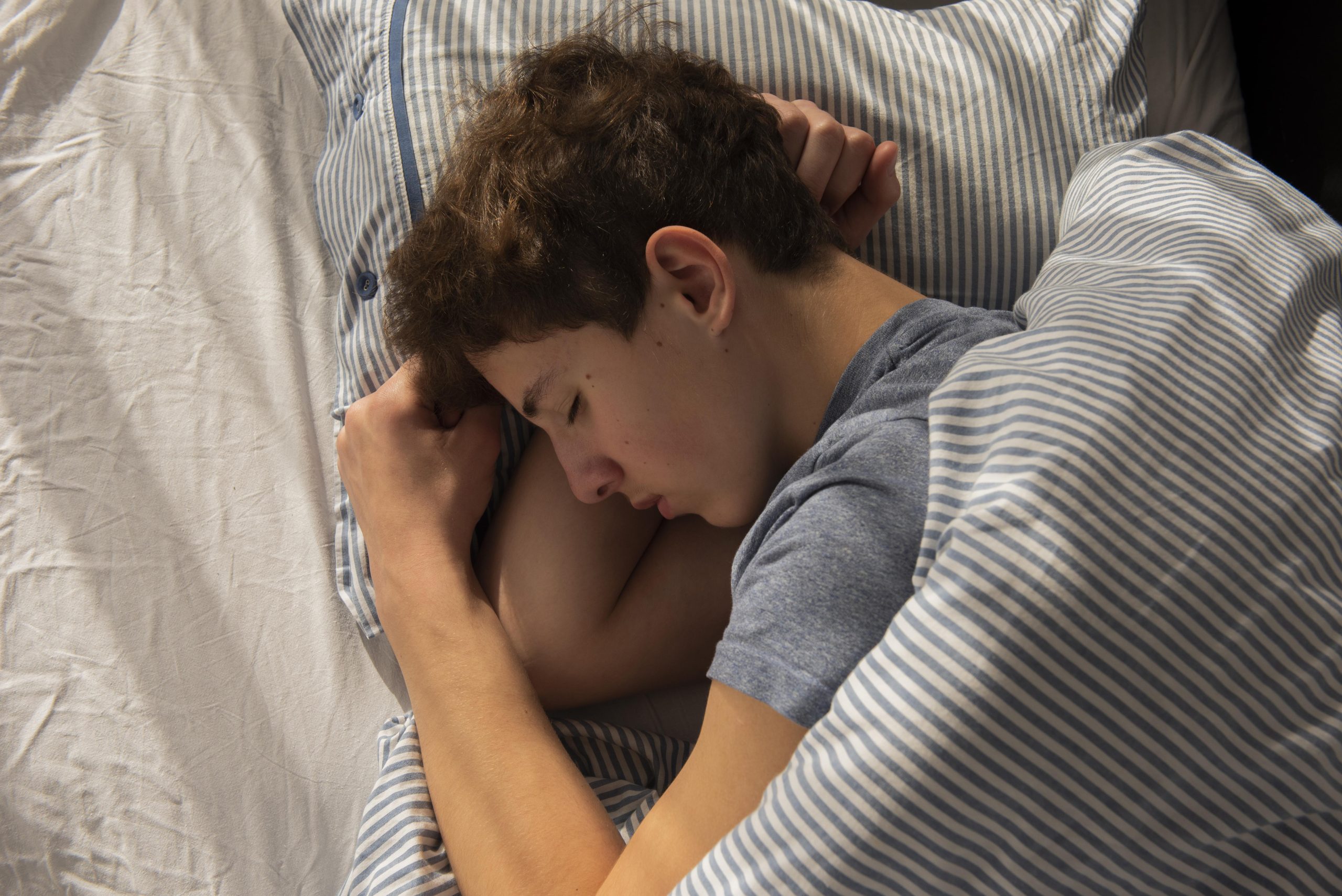Attention Deficit Hyperactivity Disorder (ADHD) is one of the most commonly diagnosed neurodevelopmental conditions in children. While hyperactivity, impulsiveness, and inattention are often the focus, another crucial yet often overlooked issue is sleep difficulties in children with ADHD. Poor sleep can exacerbate ADHD symptoms, making daily life more challenging for both children and their families.
Thank you for reading this post, don't forget to subscribe!The Connection Between ADHD and Sleep
Children with ADHD are significantly more likely to experience sleep disturbances compared to their peers. Research suggests that sleep problems affect up to 70% of children with ADHD. These issues can range from trouble falling asleep to frequent night waking and restless sleep.
Why ADHD Affects Sleep
There are several reasons why ADHD can lead to poor sleep, including:
- Hyperactivity and restlessness: Kids with ADHD often find it hard to wind down at night.
- Delayed circadian rhythms: Many children with ADHD have a delayed sleep phase, meaning their biological clock makes them feel sleepy later than usual.
- Coexisting conditions: Anxiety, depression, and sensory processing issues—common in kids with ADHD—can also disrupt sleep.
- Side effects of ADHD medications: Stimulant medications like methylphenidate can interfere with the ability to fall or stay asleep.
Understanding these factors can help parents better manage their child’s sleep challenges.
Common Sleep Problems in Children with ADHD
Here are some of the most frequent ADHD-related sleep issues parents report:
1. Insomnia
Children may have trouble falling asleep or staying asleep throughout the night.
2. Delayed Sleep Phase Syndrome
This circadian rhythm disorder causes children to feel sleepy much later than a typical bedtime, leading to reduced sleep time.
3. Night Waking
Frequent awakenings during the night can prevent the child from getting restorative sleep.
4. Sleep-Disordered Breathing
Conditions like sleep apnea are more common in children with ADHD and can severely impact sleep quality.
5. Restless Legs Syndrome (RLS)
Some children experience an uncontrollable urge to move their legs at night, disrupting sleep onset and continuity.
How Poor Sleep Affects ADHD Symptoms
Sleep is critical for brain function, mood regulation, and behavior. When a child with ADHD doesn’t sleep well, their symptoms may become more severe. Common effects include:
- Increased impulsivity and hyperactivity
- Difficulty concentrating
- More frequent emotional outbursts
- Reduced academic performance
- Higher levels of anxiety or depression
In many cases, sleep deprivation can mimic or intensify ADHD symptoms, making it essential to address sleep concerns as part of an ADHD treatment plan.
Tips for Improving Sleep in Children with ADHD
Helping your child establish better sleep habits may significantly improve both their sleep quality and ADHD symptoms. Here are some parent-approved strategies:
1. Create a Consistent Sleep Schedule
Stick to a regular bedtime and wake-up time—even on weekends—to regulate your child’s internal clock.
2. Establish a Calming Bedtime Routine
Include relaxing activities like reading, gentle stretching, or listening to soothing music to help your child wind down.
3. Limit Screen Time Before Bed
Blue light from phones, tablets, and TVs can delay melatonin production and disrupt sleep. Aim to turn off screens at least one hour before bedtime.
4. Optimize the Sleep Environment
Make sure your child’s bedroom is cool, dark, and quiet. Consider using blackout curtains, white noise machines, or weighted blankets if your child finds them comforting.
5. Monitor Caffeine and Sugar Intake
Limit your child’s consumption of caffeine and sugar, especially in the afternoon and evening.
6. Review Medication Timing
If your child is on stimulant medication, talk to their healthcare provider about whether timing or dosage adjustments could improve sleep.
7. Address Anxiety or Worries
Children with ADHD often struggle with anxiety. Consider calming techniques such as breathing exercises, journaling, or therapy.
Also read: ADHD Symptoms In Children And Adults
When to Seek Professional Help
If sleep problems persist despite your best efforts, consult with your child’s pediatrician or a sleep specialist experienced with ADHD. A formal sleep evaluation can help identify underlying issues like sleep apnea, periodic limb movement disorder, or circadian rhythm disorders.
Behavioral sleep therapy, cognitive-behavioral therapy for insomnia (CBT-I), or parent training programs can also be beneficial for families managing both ADHD and sleep challenges.
Supporting Better Sleep for Children with ADHD
Understanding the connection between ADHD and sleep difficulties is essential for improving your child’s health, behavior, and overall quality of life. By addressing sleep issues with patience, structure, and professional support when needed, parents can make a meaningful difference in their child’s daily functioning and emotional well-being.
Better sleep leads to better days. If your child has ADHD and struggles with sleep, know that help is available—and that small changes in routine and environment can have a big impact.



